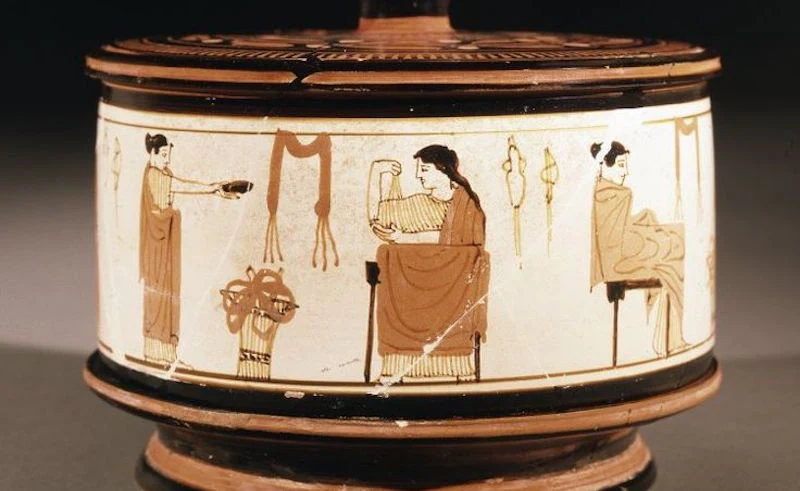By Carmen Chang,
Before introducing the topic at hand, we can highlight what Héctor Velis-Meza (2020:43) mentioned regarding the primary use of the word “man” to designate all humanity:
“For example, the noun “man”, in its primary meaning, refers to an animated being —in the sense of essence or nature— either man or woman, and only in the secondary sense, as recorded in the lexicon, is it defined as a person of the male sex. This word likely finds its most remote root in the Latin word “humus,” which means earth. This indicates that the initial intention in the conception of this term was not to refer to the male human, but to humans in general. However, circumstances ultimately led to men appropriating this word to identify themselves and, along with it, taking over the world.”
From the most ancient societies, men have had dominance over women for various reasons. These societies predominantly had a patriarchal structure, as matriarchal societies did not exist in a stable form. This is because women did not control the means of subsistence in their communities and depended on men, who hunted and could engage in trade and commercial exchanges with other communities, while women performed secondary roles, such as gathering seeds and fruits, raising children, and preparing food. Therefore, women did not have the same power as men and, consequently, did not enjoy the same social status. For women to have achieved that equality, they would have needed to control those means of subsistence to the same extent as men.
In modern times, this situation persists, albeit under the guise of modernity. The housewife performs important tasks for the family, but these have no economic or negotiable value in society; as a result, she has no access to power and depends entirely on the man for the acquisition of goods and exchange of favors. The man, on the other hand, with his remunerated work outside the home, can buy, sell, negotiate with other members of society, and thus gain status and dominance over certain community members and his family.

Particularly, masculine traits, such as strength and physical superiority, led to men being considered the dominant sex and women the weaker sex. Besides their influence in society and other domains, this factor has had a considerable impact on language:
“Men not only used their strength and physical superiority to dominate the world, but they also adapted the language to the immense needs of the subjugation they carried out, demonstrating male supremacy as something natural and inherent to their virile essence. To consolidate their hegemonic determination, they shaped the language to their needs, and an inexhaustible stream of words began to account for the supposed congenital fragility of the female sex, their hypothetical limitations and ineptitudes, their supposedly limited learning capacity, and the almost divine gift of procreation. For this reason, they were forced to create two categories of women: the blessed mothers, devoted to their husbands and children and sacred pillars of the family, and the unrestrained by sex, whose decisive and primary role was to provide sexual pleasure through an unlimited imagination. This, perhaps, explains why the nouns “penis” and “whore” have an almost immeasurable number of synonyms. Even an innocent word like “girl” ended up being equivalent to “prostitute” in the colloquial expression “casa de niñas” (house of girls).”
As Lemus (2011: 12-13) suggests, women must first change their social status to gain access to power, and this change would be directly reflected in the language. According to him, this would be the only way to combat linguistic and social sexism.
Reference
- Velis-Meza Héctor. Cómo el machismo contaminó el lenguaje: Historias de palabras que
perdieron su inocencia. Santiago de Chile: Ediciones Cerro Huelén. 2020.




